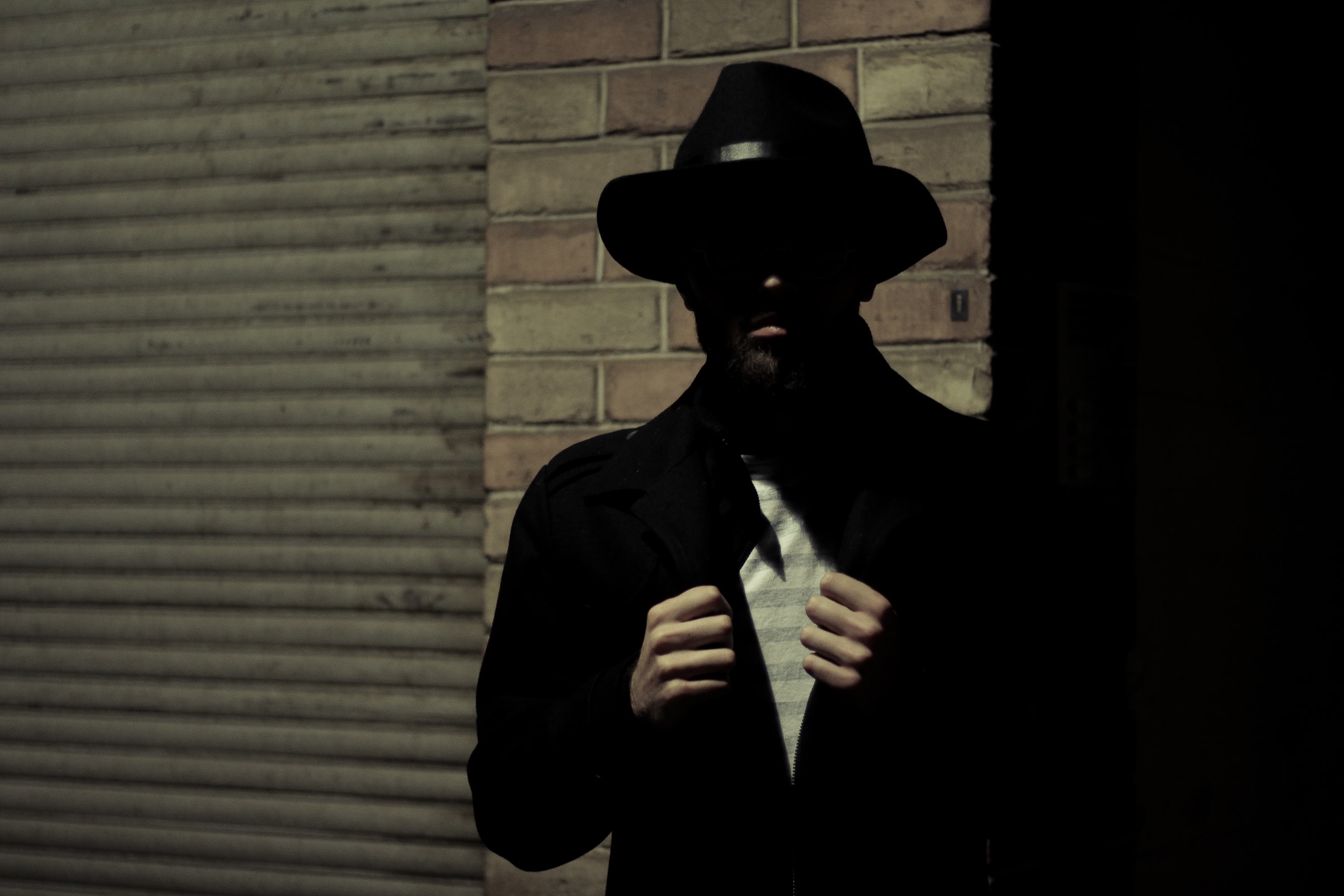The most frequent question I get from clients is what will happen to my investments if ____ happens? (Insert your fear of choice)
I remember getting into the finance business back in the 1980s when the Iran/Contra scandal caused a constitutional crisis resulting in indictments of Caspar Weinberger, the Secretary of Defense, and the conviction of National Security Adviser, John Poindexter. It felt like the country would never be the same.
In 1987, the stock market crashed, dropping 23% in one day, and it felt like investing would never recover.
In 1990, Saddam Hussein invaded Kuwait with the world’s 4th largest army, and it became a holy war in the Middle East, with the possibility of waves of terrorists taking over the world becoming the big concern.
1992 brought riots in the streets triggered by the Rodney King beating.
Currency collapses in SE Asia caused the 1997 “Asian Contagion” that dropped international stock markets by as much as 60%, and we wondered if financial markets were toast.
9-11 changed our thinking about a lot of things, but here we are.
Y2K and the possible “revenge of the computers” caused jitters. In 2000 the “dot com” bubble burst with a 52% decline in the S&P 500 Index. It was followed by a collapse of the mortgage financing markets and a 56% loss to S&P 500 Index investors in 2008.
We have lived through Aids epidemics, SARS epidemics, Ebola outbreaks, Mersa, Swine Flu, Bird Flu, Hong Kong Flu, and now all the different flavors of Covid-19, not to mention countless economic recessions.
My point in writing all this is that as bad as things seem today, they have always seemed that way. The nature of the current event is always a little different, and that brings up fear of the unknown.
One of the most significant biases we have as humans is negativity bias, caused by the human brain being biologically more sensitive to negative news and unpleasant stimuli than to positive. It is a survival mechanism we all share.
Quoting Nobel Prize-winning Psychologist Daniel Kahneman, the founder of behavioral finance: “The brain of humans and other animals contains a mechanism that has been designed to prioritize bad news, to increase the likelihood of living long enough to breed.”
Although negativity bias can hinder our judgment, we must remind ourselves that our free-market economy is like a giant river. When a boulder is dropped into the river, there is a splash and some outward ripples; but quickly, the river adjusts and goes around the obstacle.
So, in short, my advice is: “fuggedaboutit” – whatever you are worrying about in the markets or the economy. No one knows what the next financial boogeyman will be or how it will affect things. Ryan, Christine, and I have our fingers on the pulse of the markets every day, and when something happens, we are confident that we will be able to recognize it and react appropriately. As Ryan’s column in this newsletter tells you, we began making adjustments in portfolios early on in this decline and have largely sidestepped January’s ugliness in the stock markets.
If you have a friend who is worried about taking losses in this market, have them give us a call at (888) 434-1427 to do a quick portfolio review and to see whether our style of proactive management would help them. It is one of the nicest things you can do for a friend, and for us, too.


